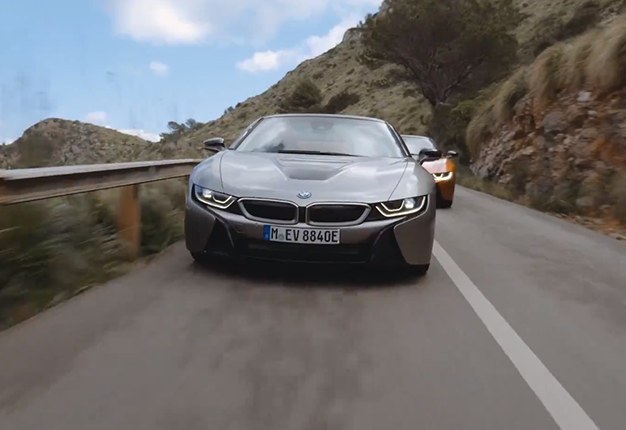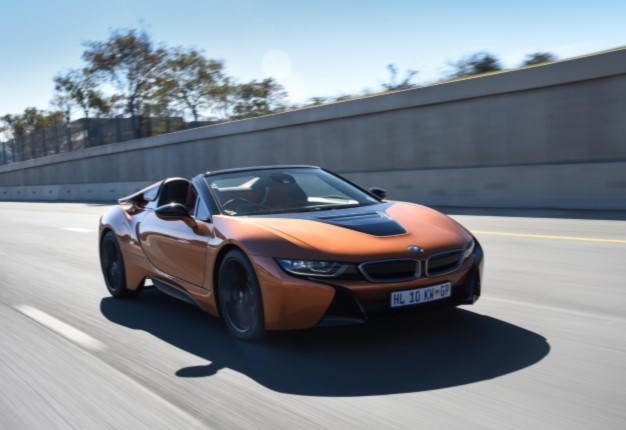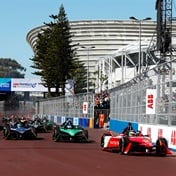
With winter approaching and Eskom in crisis mode, how will blackouts impact first-time electric vehicle owners?
The latest schedule of Eskom power blackouts has forced many to reconsider the potential purchase of a battery powered vehicle.
Many expected 2019 to be the year when electric vehicle acceptance would finally come to South Africa.
With Jaguar introducing its I-Pace in February, paired with the promise of an unprecedented charging infrastructure investment late last year, it appeared that wealthy South Africans would finally become the required early adopters to enable electric vehicles locally.
Eskom's power disruptions have now inverted this dynamic. Although South Africa does, thanks to Jaguar’s investment, theoretically have the infrastructure for electric vehicle owners to driven from the economic hub of Gauteng, to the coastal cities, much of it still depends on Eskom power.
READ: Driven - 2019 Jaguar I-Pace EV400 SE AWD
Crisis necessitates invention and a reconsidering of priorities.
The electric cars currently on sale, and those due for debut within the next year, are not cheap. They are marketed at high-income car buyers and these are the self-same people who can afford to invest in converting their homes to off-grid solar electricity supply.
With Eskom seemingly tipping the country back into a power supply crisis, those individuals with the means to do so, will be considering an investment in home solar. Once that self-generating investment has been made to avoid private home power loss, the decision to purchase a battery driven vehicle becomes somewhat of an obvious conclusion.
The only issue with Eskom’s current power supply crisis and the ownership prospect of a battery vehicle, is long-distance driving.
Especially in winter. South Africa has the curious distinction of having its colder temperature winter conditions contained to higher altitudes and clear skies. Inland areas have blue sky winters which mean that home solar charging systems will work, unlike many other electric vehicle markets where winters are overcast.
In theory, that sounds ideal. Battery powered vehicles lose range in cold conditions – in the same way your phone does during that European skiing holiday.
During the brutal winters storms which battered North America in January, test cases were reported where electric vehicles suffered massive range reduction.
Operating in temperatures of -6 Celsius, engineers found an average 40% range decrease in battery powered vehicles. That has a huge implication if you are planning a long-distance driving journey this winter.
South Africa rarely experiences below freezing temperatures, but it can happen here in winter, especially driving late at night or very early in the morning, when some people chose to start their long-distance journeys.
What happens when your electric vehicle cruising range is nearly halved by freezing winter ambient temperatures, and you suddenly realise that the next recharging station might not be close enough? Even worse, what if you reach it, at the time of an Eskom blackout?
At the very time when Eskom’s failure to provide a stable power supply is incentivising more people to think about creating their own independent power generating capacity at home, it has also increased long-distance range anxiety.
Unless there is a massive roll-out of non-Eskom rural charging stations in South Africa, this winter could prove a very testing one for early adopters of electric vehicles.




 Publications
Publications
 Partners
Partners
















